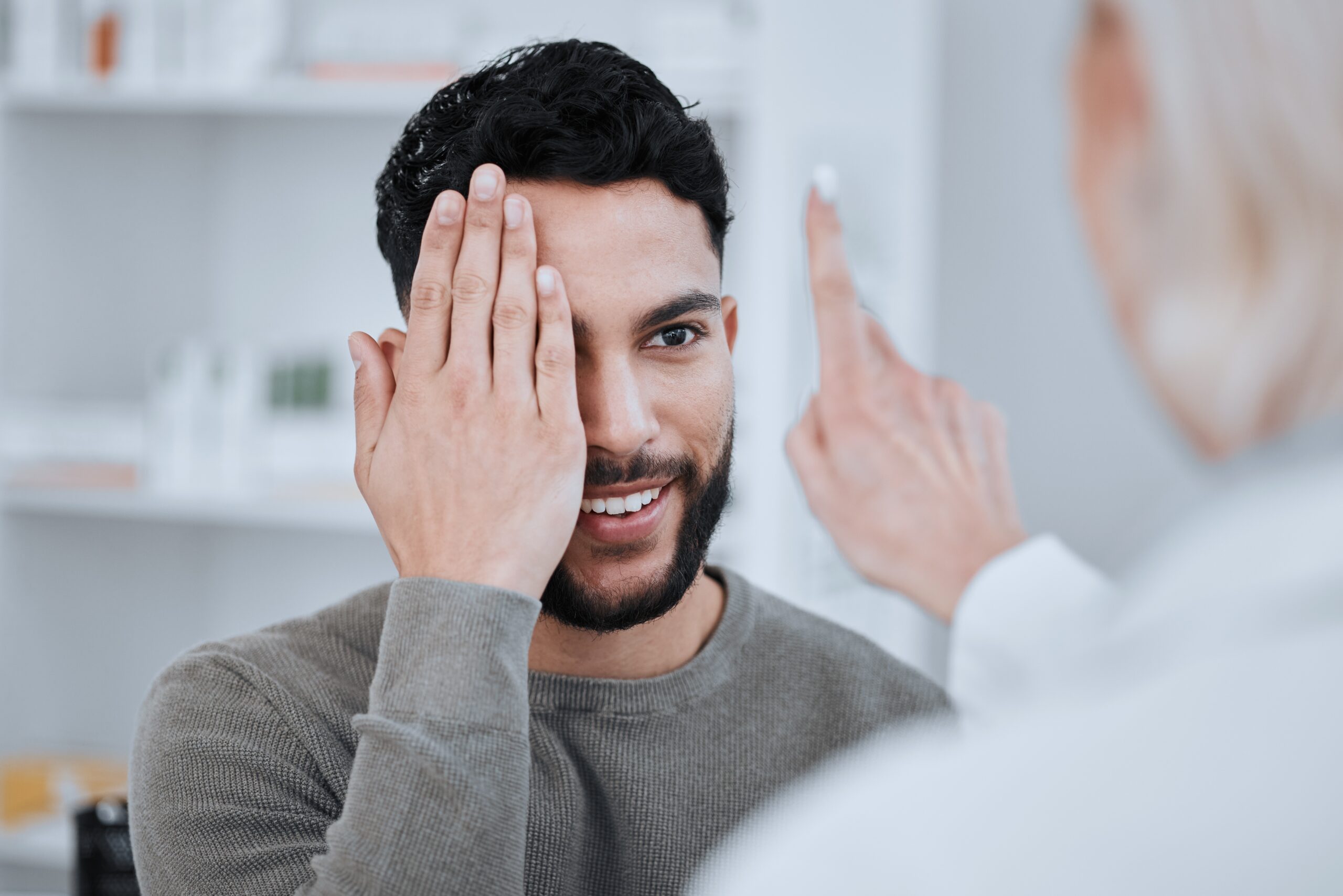Home » What Happens in an Eye Exam?
An eye exam is an essential part of maintaining your overall health and well-being. Regular eye exams not only help in preserving your vision but also play a crucial role in detecting various health issues early on. At Tennessee Eye Care, we prioritize your eye health and aim to provide a thorough, comfortable, and informative eye exam experience. This comprehensive guide will walk you through what happens during an eye exam, what to expect, and why it is important.

Before diving into the specifics of an eye exam, it’s important to understand why regular eye check-ups are necessary:
Before your appointment, there are a few things you can do to prepare:
An eye exam typically takes about 30 minutes to an hour. Here’s a step-by-step overview of what happens during the exam:
The eye exam begins with a discussion about your medical history and any vision problems you may be experiencing. Your eye doctor will ask questions about your general health, any medications you are taking, and your family history of eye diseases.
This test measures how clearly you can see. You will be asked to read letters on a chart (Snellen chart) placed at a distance. Each eye is tested separately, and then together, to determine your visual acuity. This helps in identifying any refractive errors such as nearsightedness, farsightedness, or astigmatism.
Using a phoropter, your eye doctor will determine your exact prescription for glasses or contact lenses. You will be asked to look through a series of lenses and indicate which ones provide the clearest vision. This process helps in fine-tuning your prescription.
To get a better view of the internal structures of your eyes, your eye doctor may use eye drops to dilate your pupils. Dilation allows for a comprehensive examination of the retina, optic nerve, and other internal structures. It is important to note that your eyes may be sensitive to light and your vision may be blurred for a few hours after dilation.
This test evaluates the muscles that control eye movement. You will be asked to follow a moving object, such as a pen or a small light, with your eyes. This helps in detecting any issues with eye alignment or coordination.
A visual field test checks for gaps in your peripheral (side) vision. You will be asked to look straight ahead and indicate when you see objects moving into your peripheral vision. This test is crucial for detecting conditions like glaucoma, which can cause peripheral vision loss.
Tonometry measures the pressure inside your eyes, known as intraocular pressure (IOP). Elevated IOP is a risk factor for glaucoma. The most common method is the “puff of air” test, which involves a brief puff of air directed at your eye. Another method uses a tonometer to gently touch the eye’s surface after numbing drops are applied.
The slit-lamp, or biomicroscope, is used to examine the front part of your eye, including the cornea, iris, lens, and anterior chamber. This instrument provides a highly magnified view of these structures, allowing your eye doctor to detect any abnormalities or signs of disease.
Using an ophthalmoscope, your eye doctor will examine the back of your eye, including the retina, optic disc, and blood vessels. This part of the exam is crucial for detecting retinal diseases, optic nerve damage, and other issues that can affect your vision.
In some cases, additional tests may be performed based on your symptoms or medical history:
After the examination, your eye doctor will discuss the results with you. If a new prescription is needed, it will be provided. Your eye doctor will also explain any detected conditions, recommend treatments or lifestyle changes, and answer any questions you may have. If necessary, follow-up appointments or referrals to specialists may be arranged.
In addition to regular eye exams, there are several steps you can take to maintain good eye health:
Regular eye exams are a vital component of maintaining your vision and overall health. At Tennessee Eye Care, we are committed to providing comprehensive and compassionate eye care. By understanding what happens during an eye exam and taking proactive steps to protect your eyes, you can ensure that your vision remains clear and healthy for years to come. Schedule your next eye exam with us today and experience the highest standard of eye care.
For more information or to book an appointment, contact us today. Your eyes deserve the best care, and we are here to provide it.